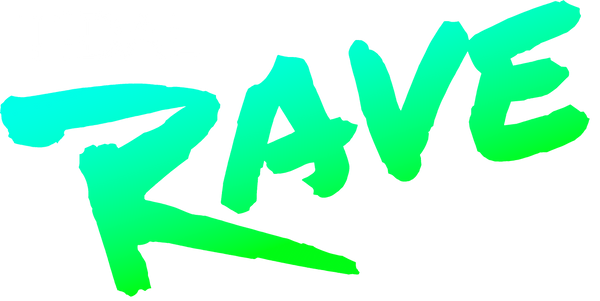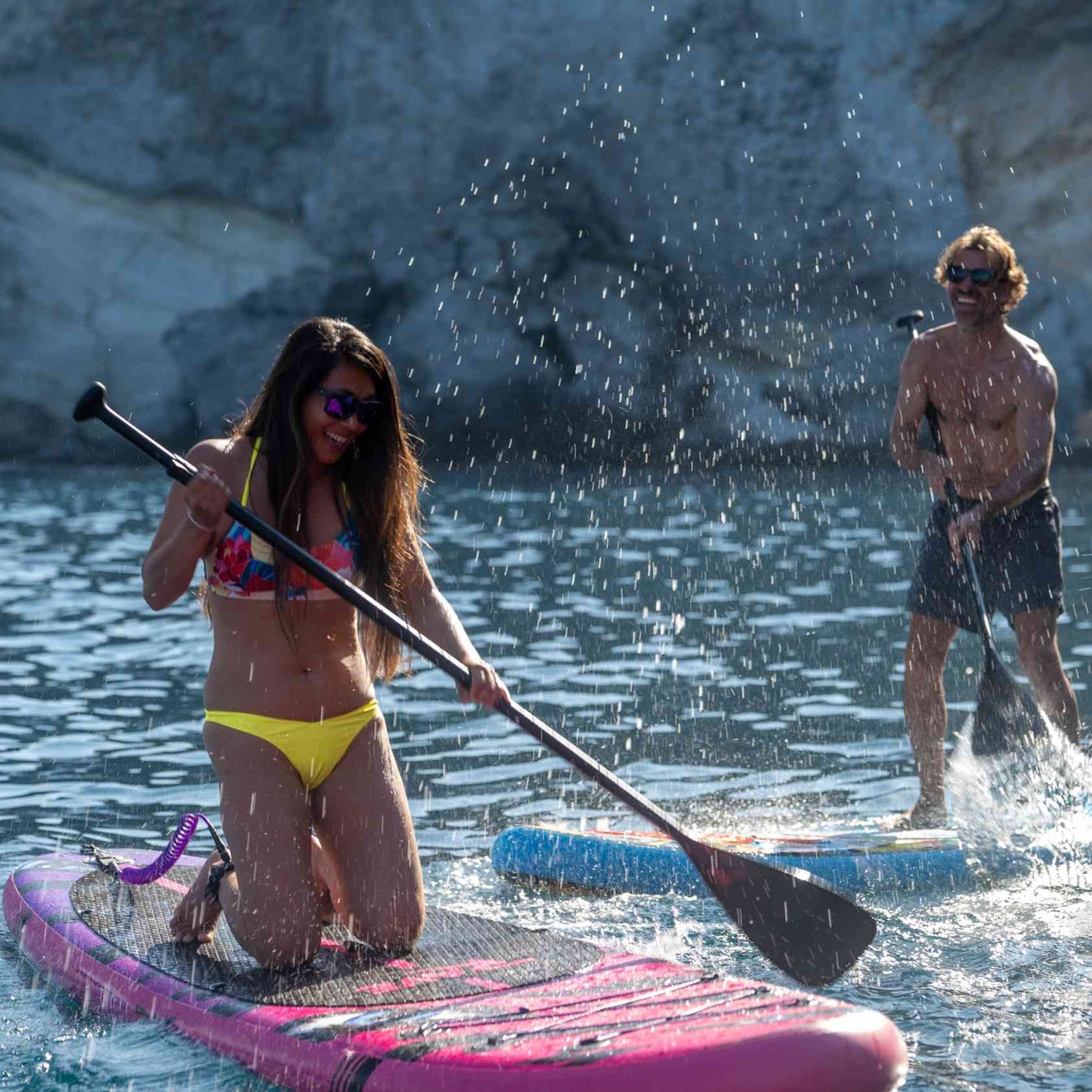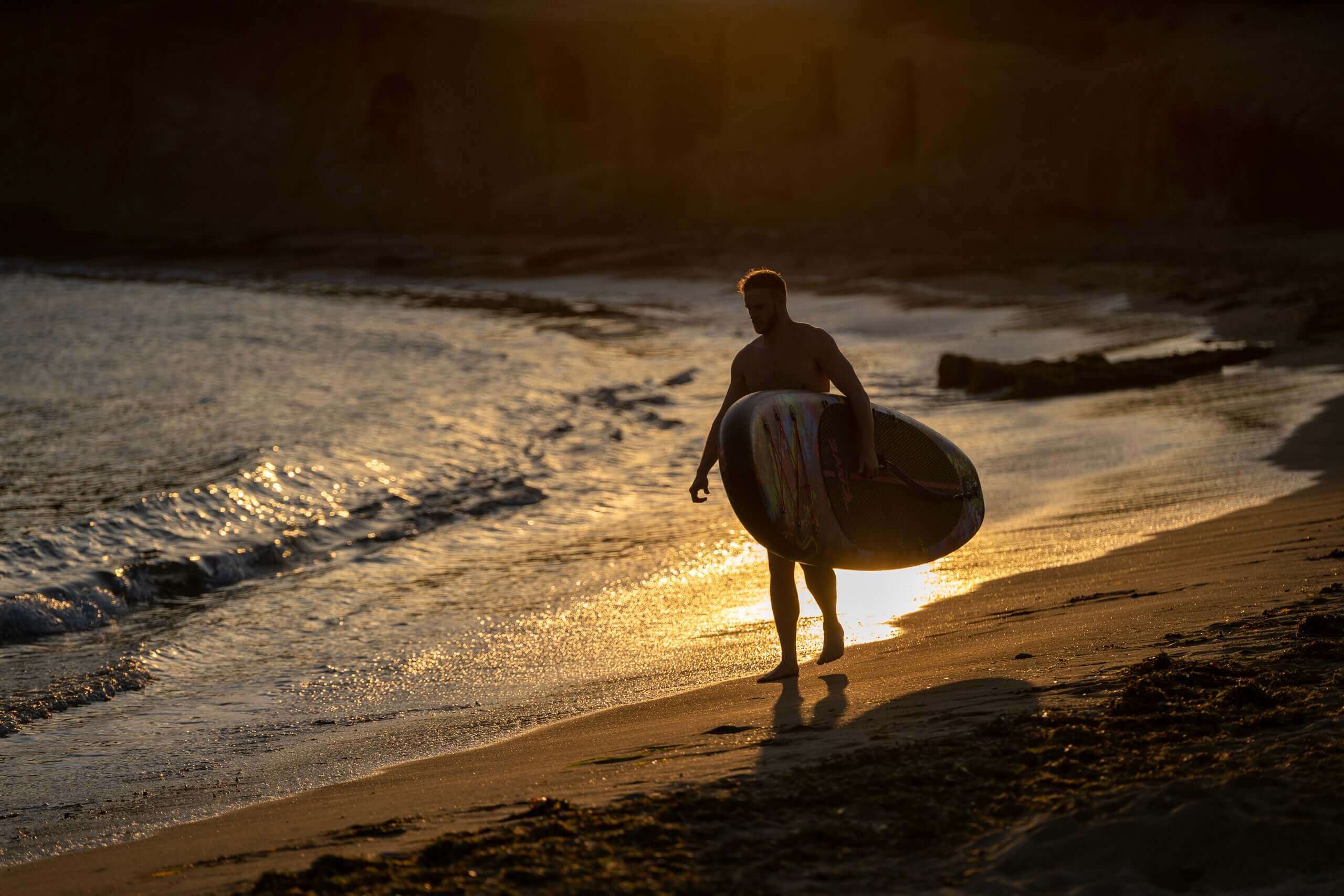If you've ever watched someone paddle boarding and thought you might like to have a go, you might be wondering whether it's difficult to do. It doesn't look too dissimilar to surfing, in a way, and the challenge of standing up on a board in the water might seem like one you're not necessarily up to taking on. But before you dismiss it, it's worth finding out what stand up paddle boarding (or SUP) really entails and if it's something you can do.
Just like anything else, paddle boarding is a skill. So not everyone is going to take to it like a duck to water. There's a good chance you will end up in the water at some point, probably not feeling much like a duck. The good news is, that it's a skill you can learn.
What is paddle boarding?
If you're not already familiar, stand up paddle boarding (SUP) is a paddle sport practiced with a long board and paddle. Just like you might have guessed from the name, you stand on the board (although you can kneel or even sit too) and use your paddle to move around.
It's a fantastic sport that gives you access to new places. You can use your SUP to traverse rivers, canals, lakes, and even coastlines. So how can you get started?

Can anyone try paddle boarding?
One of the best things about paddle boarding is that pretty much anyone can try it out. Many boards are designed to be super stable, so they're easy to control and there's less chance of falling off. They can even be used for yoga!
There are a couple of things you should think about before getting on a paddle board. Firstly, you should be able to swim. Even though you'll be wearing a life jacket or buoyancy aid, it's important that you're able to rescue yourself if you come off your board. Secondly, it's smart to start off on calm, flat water, and ideally get some instruction from someone who can show you the ropes. It's also best practice not to go alone, especially if you're a beginner.
As for age, some say that children can start paddle boarding as young as five. However, it all depends on the child, their confidence in and around water, and their ability to control the board. There's no age limit on paddle boarding, though, so don't let being older stop you!
What skills do you need for paddle boarding?
Now we come to the specifics of learning to paddle. What skills do you actually need to learn? You'll need to master the balance and coordination required to stand up on your board and control it so you can move around freely. You should also be able to swim. Even though the idea is to be on top of the water, you need to be comfortable with the idea that you might fall in.
Two of the first things you'll learn are how to hold your paddle and how to stand up on your board. Getting the right stance and posture, as well as position on the board, are key to successfully staying upright and being able to move around. You might not catch on right away, but these things can quickly become second nature. You will need to get familiar with your board and paddle so you understand how to use them.
You will also need to learn about safety on your board, especially if you're planning to go out on trips to various locations. Using the right safety equipment and following best practices for staying safe will help to make all your trips more fun.
Skills such as balance will come over time. It might take you a while to feel stable on your board, but practice makes perfect.

How can you get started with paddle boarding?
If you want to get started with paddle boarding, it's a good idea to have some lessons or try out a guided session or trip. While it's not essential to get someone to teach you, it's definitely helpful to get a good foundation of the skills and knowledge you need.
Paddle boarding lessons will teach you everything you need to know from the beginning. You will also get the chance to learn on a flat and calm surface while receiving instruction tailored to you. Typically, lessons can be group lessons or private lessons. If you choose to have group lessons, the group should still be fairly small. Private lessons can be individual or maybe in pairs.
Going on a guided trip or try-out sessions is an alternative to lessons. If you're not sure you want to take a course just yet, you can get a taster to see if SUP is for you. These are often half-day or one-day experiences, where you can learn about the sport, learn some basic skills, and get a chance to paddle around. It should give you a chance to decide if you want to continue learning, and you'll still get some instruction from your instructor/guide.
Top tips for SUP beginners
Just getting started with stand up paddle boarding? If you're not sure where to start, here are some tips that might help you.
- Get the right equipment – choose a board and paddle that are the right size for you, and that are designed to offer stability for beginners.
- Get some instruction – lessons or instruction from an expert will make sure you have a good foundation that you can continue to build on.
- Choose the right waterway – beginners should select calm, flat waters for their first sessions.
- Learn the safety essentials – it's important to know what equipment you need to be safe, as well as best practices for water safety.
- Take your time – there's no need to rush! Paddle boarding is often calm and relaxing, so take your time getting up on your board and perfecting the right posture and stance.
Start learning to paddle board
Paddle boarding might be a lot easier than you first think. It's still a skill you need to learn, but anyone can give it a go.




